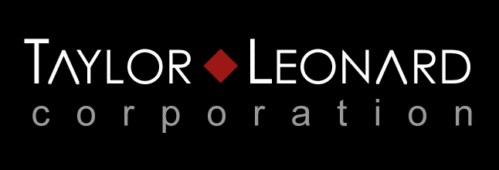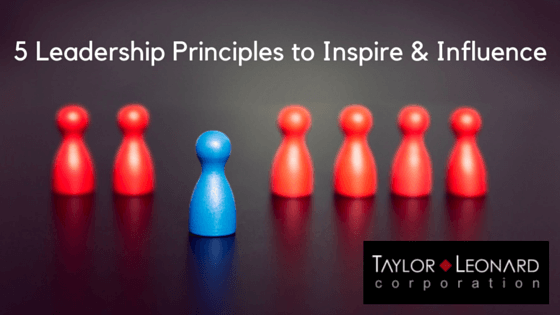“There are leaders and there are those who lead. Leaders hold a position of power or influence. Those who lead inspire us.” – Simon Sinek
Newsflash! The best places to work are not always defined by high salaries, generous benefit packages, telecommuting, etc. Many factors that make a workplace “great” are intangible. So, what is it that gets people excited about their work in light of arduous commutes, marginal raises, and endless meetings? Research shows that employees perform their best when they have pride in what they do, when they enjoy the people they work with and trust the people they work for.
As a leader, how are you creating an environment that motivates teams to reach their highest potential? How do you stir up passion, commitment and energy in others? Consider these principles:
#1) “People don’t buy WHAT you do, they buy WHY you do it”– Simon Sinek
Why do some ideas succeed, drive profitability, and birth well-known companies while others fail miserably? Certainly there are good and bad ideas, but that doesn’t always correlate with longevity. With the flurry of products and services offered today, people are overwhelmed with choices. According to Simon Sinek How Great Leaders Inspire Action, there are patterns supporting successful companies. They all start with “why”…
As a leader, conveying the “why” is crucial. When people who work together share the same goals, great things can be accomplished.
#2) “The art of communication is the language of leadership” – James C. Humes
The way a leader articulates the message is less important than how the audience actually absorbs it. In other words, effective communication happens not when your message is said, but when it is understood. Yes! Intelligence is necessary to send the message, but emotional intelligence is vital for the message to reach its intended audience. Self-awareness, empathy, social skills, as well as the ability to manage and harness emotions to apply them to reasoning and problem-solving are indicators of high emotional intelligence – a key component of effective leadership.
#3) “Leaders become great not because of their power, but because of their ability to empower others.” – John Maxwell
Empowering others is the key to building successful, high-functioning teams. One of the roles of the effective leader is to give employees tools and knowledge necessary to make decisions; allowing them to take ownership for their actions. By doing this, leaders build an environment where people are empowered. People feel inspired to open up, share ideas, try new things, as well as challenge themselves … and others. As a leader, one of the best things you can offer your team is the ability to discover their hidden potential.
#4) “The most powerful leadership tool you have is your own personal example” – John Wooden
Being a leader means setting an example. Your actions will define the actions of people working around you. If you do not invest 110% in your goal, don’t expect others to. In other words, the “do as I say, not as I do” philosophy will never work. Double standards often lead to loss of motivation and enthusiasm, disappointment and cynicism. People look to their employers for guidance, strength, wisdom and expertise. Leading by example means inspiring those around you to constantly strive for greatness by doing it yourself. Put differently, “The quality of a leader is reflected in the standards they set for themselves.” Ray Kroc
#5) “A genuine leader is not a searcher for consensus but a molder of consensus” – Martin Luther King, Jr.
Setting SMART goals, managing them, and making right decisions are not just qualities, but responsibilities of a leader. A leader ensures the team works collaboratively to achieve shared goals. Molding consensus means [respectfully] allowing others to voice their opinion in the process and feel like an integral part of the solution. Consensus cannot be forced. It is achieved through wisdom and facilitation of the leader. Through unified work, agreement can be reached.
And, in case you’re wondering … being a CEO doesn’t automatically make you a great leader, just as being a leader doesn’t mean you have to be in management. Anyone (yes … ANYone) can inspire and influence people around them. Embody these principles and you will be well on your way!
***
Kelly Leonard is a speaker, trainer, and Minerva Entrepreneur Women-Owned Business of the Year recipient. A certified public accountant (CPA-inactive) and corporate trainer with over 25 years serving government, non-profit, private and public industries [including Fortune 100], Kelly has an innate ability to connect with diverse audiences across disciplines.
Prior to becoming CEO of Taylor-Leonard Corporation (T-LC), Kelly held leadership positions with GE Capital, Kaiser Permanente, and PriceWaterhouseCoopers. Currently, Kelly oversees T-LC’s training and business development practices.
Although Taylor-Leonard Corporation’s clients include government agencies, non-profits, and publicly traded companies, Kelly’s most passionate about leveraging the best practices of multinational enterprises to be a catalyst, compass, and connector of new business development and expansion for entrepreneurs and the small business community.

